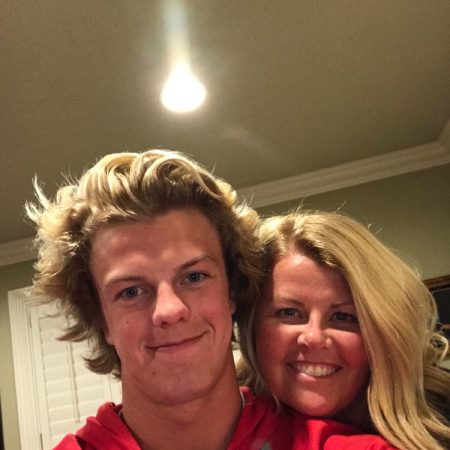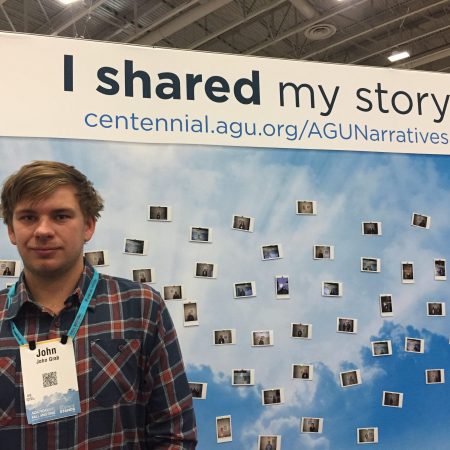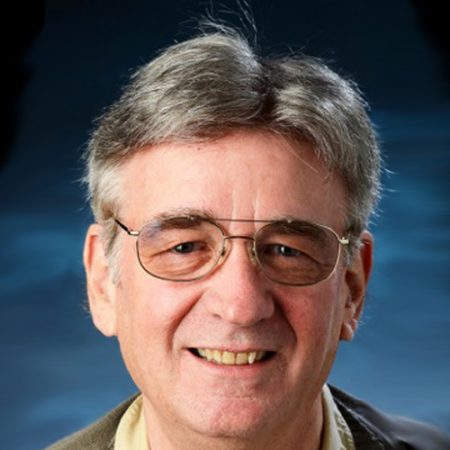Refine
Date Range Clear
Recorded by Clear
Keywords Clear
- abuse against women 247
- #advice 247
- #AGU100 247
- #AGU 217
- NASA 71
- discovery 70
- #womeninscience 46
- 564 more
Partnerships Clear
- No matching terms.
Organizations Clear
- American Geophysical Union 82
- NASA 18
- National Aeronautics and Space Administration 9
- AGU 8
- The American Geophysical Union 5
- 16 more
Places Clear
Languages Clear
Initiatives Clear
- No matching terms.
Dr. Claire Parkinson, senior scientist at NASA's Goddard Space Flight Center since 1978, discusses using satellite data to monitor sea ice in the Arctic and Antarctic and serving as project scientist for the NASA satellite Aqua, which makes measurements of...
Sarah Vines and Robert Allen once drove twenty hours to see a spaceship launch. Now, Sarah and Robert are married, post-doctoral students working in the laboratories of Johns Hopkins University. Sarah researches how magnetic fields form, and what earth’s magnetic...
Mary Hudson and Bill Lotko are both professors at Dartmouth University and researchers at the National Center for Atmospheric Research. Both study space physics, with Mary focusing on Van Allen radiation belts, and Bill looking at interactions between the magnetosphere...
Just a few short months ago, Nicola Fox took over as Director of NASA’s Heliophysics Lab. She’d been prepping for the role a lifetime, however, recounting how she started her scientific career when she was eight months old, thanks to...
Linda Geiser and Peter Nelson tell their own stories and reflect on the impact they’ve had on each other lives. They’re both currently with the US Forest Service but first met when Linda hired Peter after he finished university to...
Michelle Thaller, science communicator at NASA Goddard, discusses how she persisted in following her scientific passions even after being discouraged by teachers and guidance counselors. She also talked about why non-scientists should care about things so far away from Earth:...
Julia DeMarines is a graduate student at the University of California at Berkeley in the Earth and Planetary Science department, an educator at the Mentoring Academy, a National Geographic Explorer, and a science communicator who runs a space comedy event...
For the last 14 years, Gari Mayberry has put her volcanology background to work as a disaster response coordinator at USAID. Disasters come in many shapes and sizes so that specialty is a start, but often Gari finds herself connecting...
Putting up tall PVC pipes with pointy sensors to measure electrical fields in an approaching lightning storm may seem reckless, but it’s all part of the job for Timothy Lang. The NASA research scientist spends a lot of time in...
Michele Koppes and Heidi Roop met “on an incredible landscape on the edge of the Greenland ice sheet about two years ago.” The conversation that followed made both of them think more closely about the value of science communication and...
Laurie Brown, Professor Emeritus at the University of Massachusetts, has been a member of AGU for 46 years. She shares her observations on the growth of paleomagnetism at AGU and its importance in helping address climate. She also discusses how...
Glenn Orton, a senior research scientist at the Jet Propulsion Laboratory, discusses his career exploring the outer Solar System that started with the Pioneer 10 and 11 missions, and extended forward to Cassini and more recently Juno. Interested in space...
Clouds are among the most unpredictable components of climate models. But Norman Loeb is working hard to sort out the shape of cloud patterns in order to improve the accuracy of long-term weather predictions. As far as understanding how all...
Anita Dey is the strategic partnerships manager of outreach and engagement for NASA’s Science Mission Directorate and co-chair of NASA headquarters' Asian American and Pacific Islander Employee Resource Group. Anita spends her days working with underserved communities and using the...
Gael Cascioli is a planetary scientist at NASA’s Goddard Space Flight Center where he focuses on planetary geodesy — the measuring of the gravity field and shape of a planet — and is working on the upcoming VERITAS mission which,...
Kristen Erickson, Director of science engagements and partnership, recently helmed NASA’s efforts to involve over 154 million adult Americans with direct participation with the 2017 total eclipse – the largest engagement effort in NASA history. But in her more than...
In the mid-2000s, a small group of leaders at AGU, including Peter Fox, Rensselaer Polytechnic Institute, saw an opportunity to shape or reshape how geoscientists work together under a new cross-cutting discipline. As a result, “Earth and space Science Informatics”...
Paths Through Science Interview for AGU’s Centennial with Kristin Ludwig, Staff Scientist, DOI Strategic Sciences Group, U.S.G.S.
Shelby Hurst grew up in northern Michigan where she spent plenty of time poking at and asking questions about the rocks in her grandparents’ backyard, which eventually led her to a PhD in geochemistry. She discusses the importance of women...
We won’t say how long Susan Lozier has been shaping young minds at Duke University (she may let it slip), but she talks about amazing changes that have happened during her tenure. She grew up wondering how rivers get polluted,...
David Crisp, senior research scientist at NASA, recounted his adventures, from going from a physics education major who had a paper on Venus winds published by Carl Sagan to a doctoral student at Princeton to helping fix Hubble. He described...
In this interview I talked with my mother and asked her many things about her childhood and adult life. We talked about what she was like as a child and what she did. She gave advice to her teenage self...
John Booker Grab grew up in New Mexico and remembers, at the age of 8, running out the back door into the Santa Fe National Forest to go and collect fossils. He then went on to study at Montana State...
In begin in 1979, when Margaret Kivelson, UCLA, was part one of three women presenting a talk in which Fran Bagenal, University of Colorado Boulder, was sitting in the audience. They have been space scientists and collaborators for many years...
Michael King is a Senior Research Associate in the Laboratory for Atmospheric and Space Physics at the University of Colorado. He previously worked at NASA for 3 decades in a variety of roles, including Senior Project Scientist of NASA’s Earth...

!["[Science] lets us imagine things we hadn't thought possible." an interview with Sarah Vines and Robert Allen](https://archive.storycorps.org/uploads/2019/07/Sarah-Vines-w-Robert-Allen.jpg)
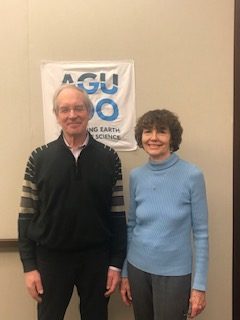
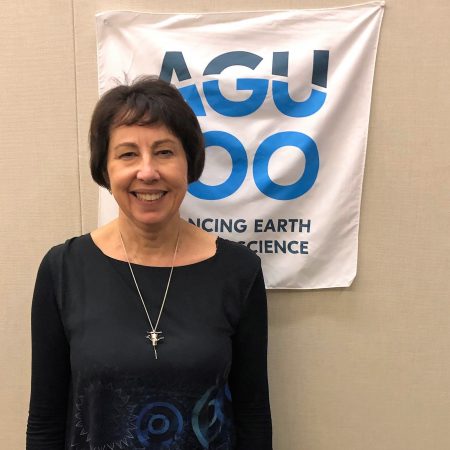
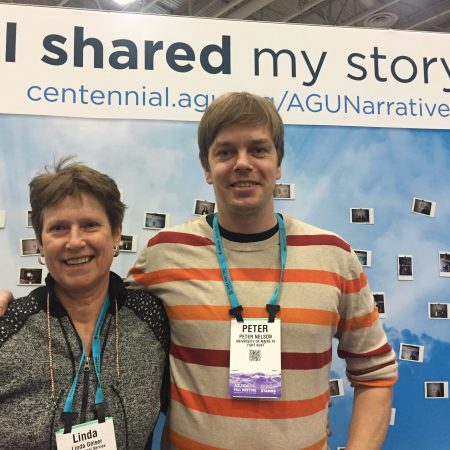
!["I've been a professional astronomer for over 20 years, [and it] still gives me goosebumps." an interview Michelle Thaller](https://archive.storycorps.org/uploads/2019/02/20181211_Thaller-450x450.jpg)
![“I'm proud my…perseverance of curiosity has gotten me to be [with] people who talk about life in the universe.” Interview w/ Julia DeMarines](https://archive.storycorps.org/uploads/2023/12/65835f3c1a41a__DeMarines_headshot-450x450.jpg)
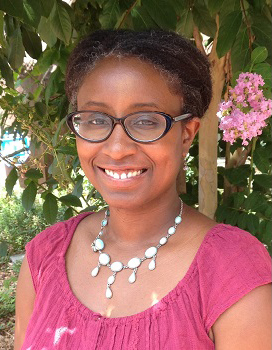

![“How is it that we collect stories [and] create spaces for those stories to be told?” An interview with Michele Koppes and Heidi Roop](https://archive.storycorps.org/uploads/2019/07/181212_Koppes-and-Roop_Booth-450x450.jpg)
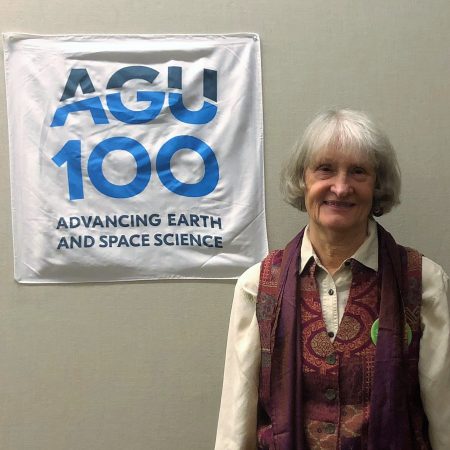


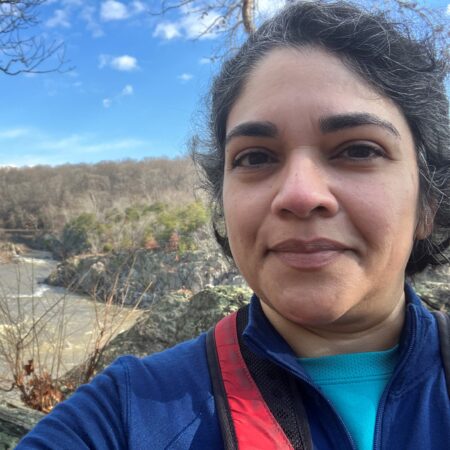

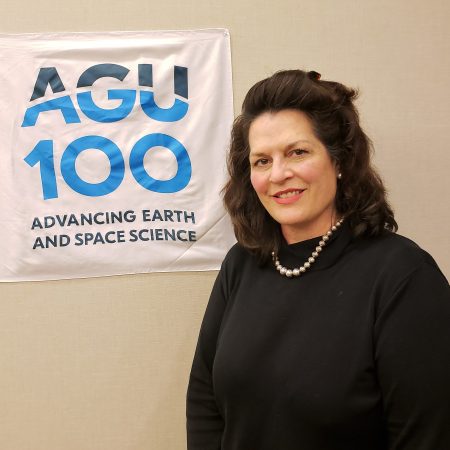
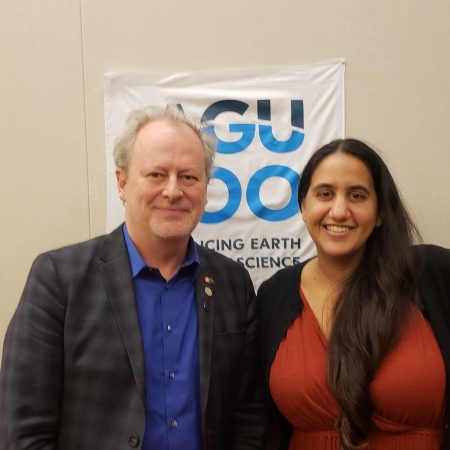
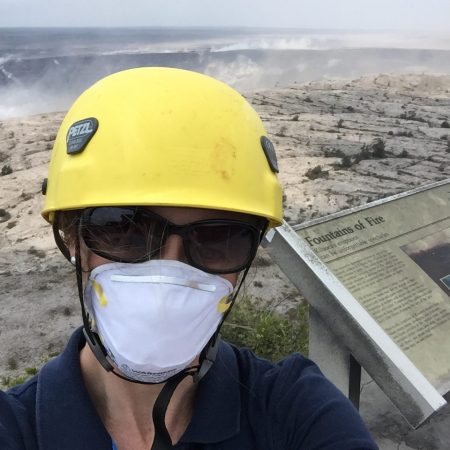
![“I enjoy knowing that a lot of people do care about [the climate] and they care to learn about it.” an interview with Shelby Hurst](https://archive.storycorps.org/uploads/2019/07/Shelby-Hurst-crop-450x450.png)


